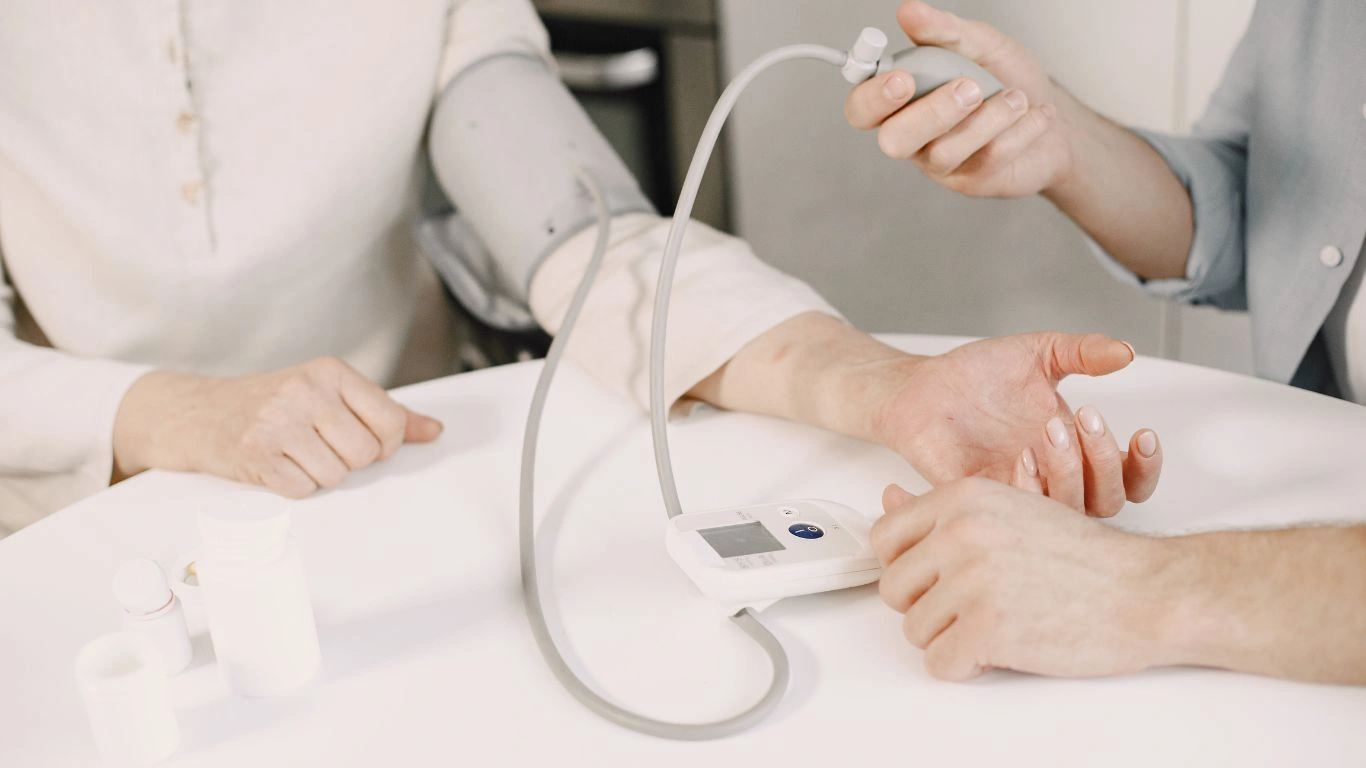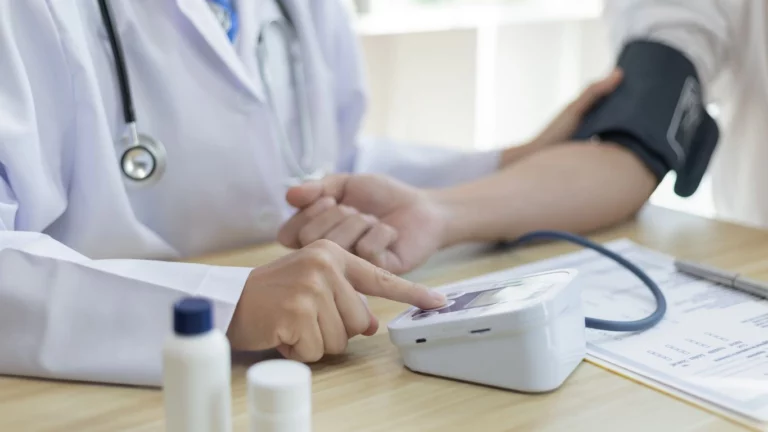Can Black Seed Oil Lower BP Safely? What You Should Know
Black seed oil is a natural remedy that’s been used for centuries in traditional medicine. It’s made from the seeds of the Nigella sativa plant and is known for its potential health benefits. One common question people have is: can black seed oil lower blood pressure (BP)? This matters because high blood pressure is a major risk factor for heart disease, stroke, and other serious health issues. If there’s a natural way to help manage it, many people want to know more.
Understanding Blood Pressure and How It Affects Your Body
Blood pressure is the force of your blood pushing against the walls of your arteries. When your heart beats, it pumps blood through your arteries, creating this pressure. Blood pressure is measured using two numbers:
- Systolic pressure – the top number, showing the pressure when your heart beats
- Diastolic pressure – the bottom number, showing the pressure when your heart rests between beats
Normal blood pressure is usually around 120/80 mmHg. When it gets too high, it can damage your arteries and organs over time. High blood pressure, or hypertension, often doesn’t cause symptoms right away, but it quietly increases your risk for serious conditions like heart attacks, strokes, and kidney problems.
Keeping blood pressure in a healthy range is very important for your overall health. This is where natural supplements, including black seed oil, might come in.
How Black Seed Oil Works in the Body
Black seed oil contains a powerful compound called thymoquinone. This antioxidant and anti-inflammatory agent is believed to help relax blood vessels and reduce inflammation, which can improve blood flow and potentially lower blood pressure.
Some research suggests black seed oil may act like a mild natural calcium channel blocker. These are medications that help blood vessels relax, making it easier for blood to flow. Black seed oil may also help reduce cholesterol and support overall heart health, both of which play a role in maintaining normal blood pressure.
Animal and small human studies have shown that black seed oil might lower both systolic and diastolic pressure. However, more research is needed to understand how effective it is and what the right dose should be.
Potential Benefits of Black Seed Oil for Blood Pressure
Some early research and traditional use point to several ways black seed oil may help lower blood pressure. Here are a few potential effects:
- Relaxing blood vessels – Thymoquinone may help blood vessels stay open and relaxed.
- Reducing inflammation – Chronic inflammation is linked to high blood pressure; reducing it can help manage BP levels.
- Lowering cholesterol – High cholesterol can make arteries stiff and narrow, raising blood pressure. Black seed oil may improve cholesterol levels.
- Supporting kidney function – Healthy kidneys help regulate fluid and pressure in the body. Some research shows black seed oil may support kidney health.
These effects can all support lower blood pressure, especially when used with a healthy diet and lifestyle. But black seed oil is not a replacement for prescribed medication. Talk with your healthcare provider before using it as part of your routine.
Other Causes and Symptoms of High Blood Pressure
It’s helpful to know what can cause high blood pressure, and how to spot warning signs early. While it often has no symptoms, here are some common causes:
- Diet high in salt – Too much sodium can cause the body to hold on to water, raising BP.
- Being overweight – Extra body weight makes your heart work harder.
- Lack of exercise – Regular movement helps keep blood vessels flexible.
- Chronic stress – Long-term stress can lead to ongoing increases in BP.
- Smoking or alcohol use – These can damage your arteries and raise pressure levels.
- Family history – Genetics can also play a role in your risk.
Although high blood pressure often doesn’t cause noticeable symptoms, some people may experience:
- Headaches
- Dizziness or blurred vision
- Shortness of breath
- Chest pain
- Nosebleeds (in severe cases)
If you experience these symptoms, especially together, it’s a good idea to check your blood pressure or talk to a healthcare provider.
When to Talk to Your Doctor
If you’re considering using black seed oil to help with blood pressure, it’s best to talk to your doctor first. Even though it’s a natural product, it may interact with medications or affect people differently. This is especially true if you are:
- Already taking blood pressure medication
- Managing diabetes or kidney issues
- Pregnant or breastfeeding
- Taking other herbal supplements
Also, your doctor can help you monitor your blood pressure to see if black seed oil is helping. They may recommend a safe dosage or suggest other lifestyle changes that work well with supplements.
Finally, keep in mind that no supplement should replace medical care. Black seed oil may support your health, but it works best as part of an overall healthy lifestyle, including a balanced diet, regular exercise, and stress management.
Talk to your healthcare provider if you’re curious about using black seed oil or other natural remedies for blood pressure. They can help guide you toward safe, effective choices based on your personal health history.

Dr. Gwenna Aazee is a board-certified Internal Medicine Physician with a special focus on hypertension management, chronic disease prevention, and patient education. With years of experience in both clinical practice and medical writing, she’s passionate about turning evidence-based medicine into accessible, actionable advice. Through her work at Healthusias.com, Dr. Aazee empowers readers to take charge of their health with confidence and clarity. Off the clock, she enjoys deep dives into nutrition research, long walks with her rescue pup, and simplifying medical jargon one article at a time.







